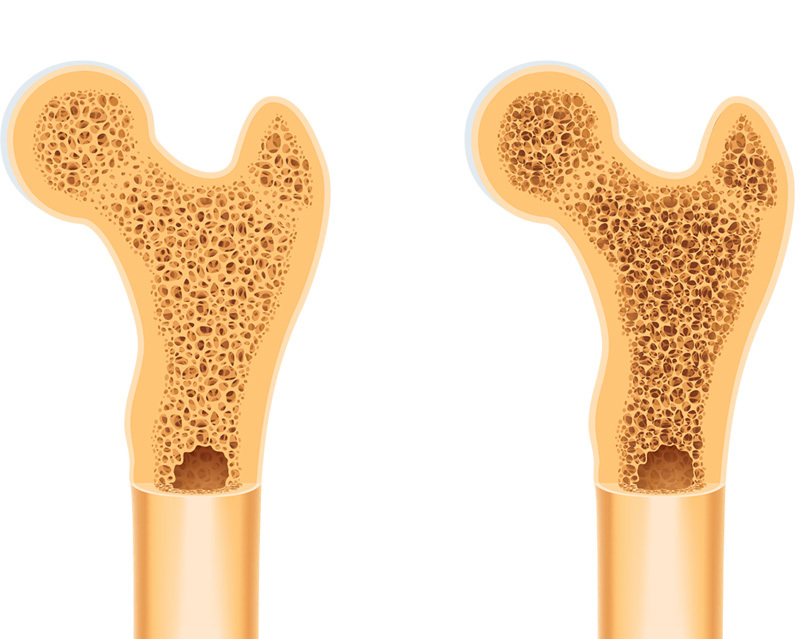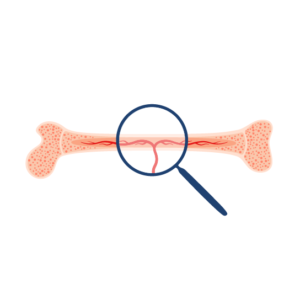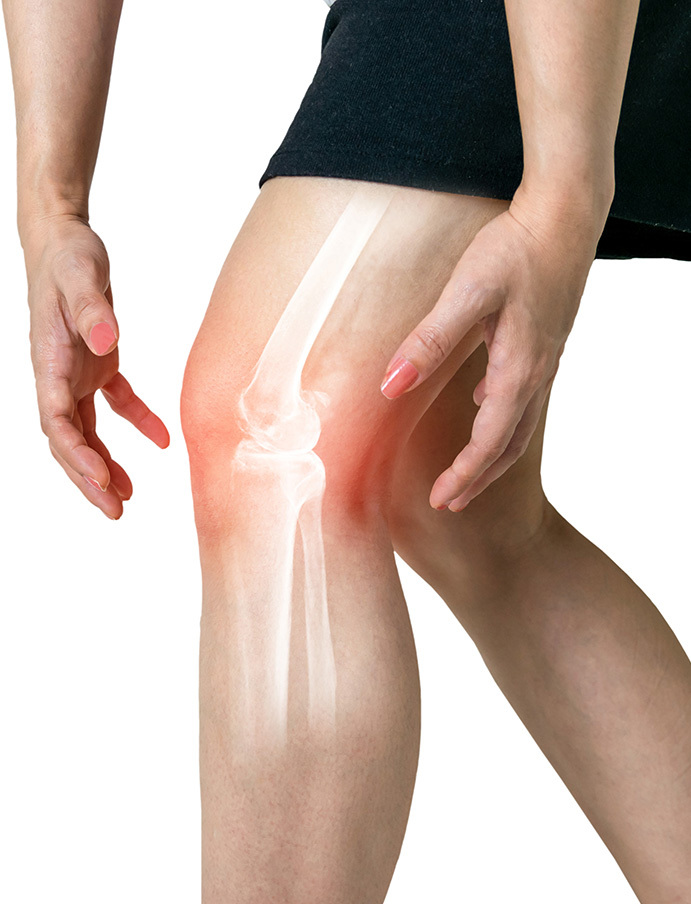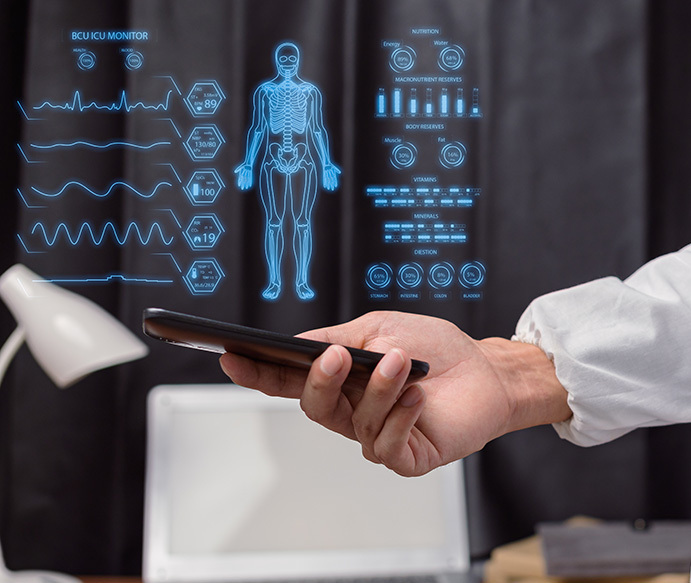Bone Mineral Density Test

A bone mineral density test (BMD), sometimes also called a bone density test, is done to check the strength or density of your bones. It helps in diagnosing a condition called osteoporosis, which means “porous bone.”
In osteoporosis, bones lose their strength and become thin and weak. They become more fragile and brittle. Since, it is a silent condition, you don’t experience any symptoms. Therefore, without a bone mineral density test, you may not recognize you have osteoporosis until you fracture a bone. A bone density test enhances the accuracy of calculating your risk of fractures by describing weight than BMI.
-
OFF 20%

Bone Density Test
Price range: ₹480.00 through ₹840.00 Select options This product has multiple variants. The options may be chosen on the product page

What is Osteoporosis?
Bone is a living tissue that continuously undergoes remodeling. Osteoporosis occurs when the formation of new bone is slower than the loss or resorption of old bone.
Key risk factors for osteoporosis include lack of exercise, genetics, deficiency of calcium and vitamin D, cigarette smoking, history of fracture, history of rheumatoid arthritis, excessive alcohol consumption, low body weight, and family history of osteoporosis.
What are the symptoms of Osteoporosis?
- Back pain
- A hunched/ bent posture
- Loss of height over time
- A bone that fractures easily than
expected

Who should get BMD done?
Osteoporosis can happen to anyone. Although it is more commonly seen among older women, men can get affected too. Your risk increases with age.
- Women of age 65 or older
- Men of age 70 or above
- Postmenopausal women of age 50 or above
- Men of age 50 or older with other risk factors like arthritis or kidney disease
- You had a fracture after age 50
- History of hip fracture
- People who smoke
- Loss of 1.5 inches of adult height
- Back pain without any cause
- Hunched posture
- Irregular or absence of periods (No pregnancy or menopause)
- The discrepancy in hormone levels
- People with Type-1 diabetes, kidney disease, liver disease or family
history of osteoporosis
Some types of medications can cause bone loss like steroids, a class of drugs that reduces inflammation. Tell your doctor if you’ve been on cortisone, dexamethasone or prednisone.

What is different at RxDx?
- It uses radiation-free ultrasound technology, which is safer for the human body
- It is safe for pregnant women and children
- Accurate measurement and high correlativity with other X-ray based BMD test
- Highly suitable for preventive health check programs for fast detection and prevention of osteoporosis
If your doctor has advised for a BMD test, you can call RxDx Multispeciality Clinic and book a slot to get BMD done under the supervision of a doctor.
Find out highly skilled and well qualified specialists work schedule and fix an appointment on convenient time

